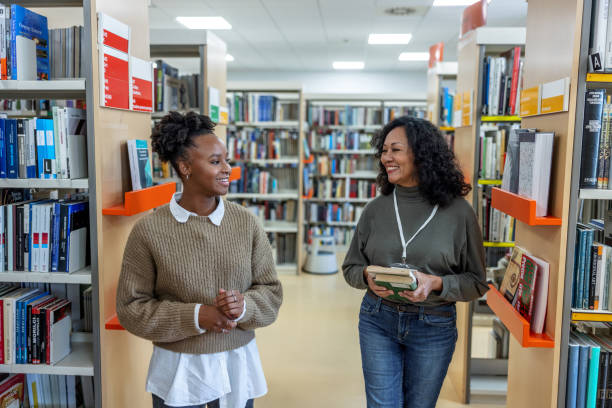(ThySistas.com)
18 Years Old: You are a legal adult who can vote.
21 Years Old: You are a legal adult who can partake in most drugs and alcohol without penalty.
65 Years Old: You can eat at most restaurants at a discount price.
All of the aforementioned adult things are incredible experiences to look forward to. Each age will teach you something you probably have never experienced or you did not expect. Yet, I wonder when we learn the most information? At what age do we develop who we will be? It may always be a changing notion, but we start developing our core values and beliefs at a very young age.
One vital aspect of the “becoming a teacher” process, is Educational Psychology class. This class, if effectively executed, will give future educators A LOT to think about when it comes to how they choose their teaching style and teaching philosophy. This class gave me a huge epiphany: what I do, teach, say, act, and express is a small droplet that can make an extremely large ripple in a student’s life. I have to think,  plan, and execute carefully.
plan, and execute carefully.
As a teacher, I know my place. Parents: Do you know yours?
While the aforementioned ages have experiences waiting for your child, what they learn before these ages from you makes one the greatest impacts on the child’s future. You set the blueprint: the internal and invisible rubric that children use to compare all people, experiences, and actions. What you teach them before they interact with the world will create what they believe, think, and do. One of the first elements needed in that blueprint are values and beliefs. These are certain ideas that a person uses to drive how they act and react to situations or people in their lives. Many think this is cultivated by church or by school; it is not. It is something that starts at home with the adult influences, and it is something that needs to be reinserted into how we raise the future.
Our younger generation is exposed to way more information faster thanks to media and technology. This could be bad if your child does not know what values or beliefs are important to their lives. If they are being taught these things by TV, media, or technology, it is definitely something detrimental. However, if the parent or guardian is making them understand at a young age what they should believe or what they should value, TV, media, and technology can not make as much of an impact. The blueprint helps them to know what they should emulate and what they should not. If they do not get it right the first time, and that is highly possible, they have a blueprint to go back to help them do better.
It is a privilege to help facilitate learning and analysis to future generations. I enjoy what I do. However, I have a first row seat to the current disconnect that is attempting to happen. You have some families that use faith-based principles and family influence to assist their youth in remembering and creating their values and beliefs. Then, you have other students who you know for certain are in survival mode at home and learn what they can when they can. Whose fault is it? We could play the blame game all day and night on this. That game would not solve the problem. A collaboration between parent and the village (teachers, coaches, managers, etc.) that help to develop your child is the greatest way to close the gap. It is the greatest to support our future and to secure a future with better decisions.
Staff Writer; J. W. Bella
May also follow this talented sister online over at; JWB Writes.










Leave a Reply